Available: Mon - Fri 8am - 7pm PST & Sat 8am - 1pm PST
Bacardi
About Bacardi
Bacardi began in 1862 when Don Facundo Bacardí Massó started experimenting with new ways to make rum in Cuba. He wanted a cleaner, lighter style than the heavy, sweet rums common at the time.
So, what happened? The company refined fermentation and charcoal filtration techniques to create a smoother spirit that mixes well and travels well. Over the years, Bacardi grew into a global house that balances tradition with modern drinking habits.
By focusing on consistent, approachable rums that work in classic cocktails and everyday serves, it was able to stand the test of time. It also carries a wide range of expressions, so newcomers and experienced drinkers can both find something they like.
Notable Bottles From Bacardi
Bacardi 8 Anos Reserva Superior Rum (750Ml)
Superior, but not ridiculously overpriced, the superior or white rum is the house classic and the most common starting point for rum cocktails. It is light, clean, and neutral. For a first bottle, this is often the best place to begin because it teaches you how rum behaves in cocktails without adding extra layers of flavor.
Bacardi Spiced (750Ml)
Spiced rum is designed to be mixed simply with cola, ginger ale, or apple cider, and it is forgiving in recipes that call for a sweeter, more aromatic spirit. The spices add immediate character, so you do not need to add many other ingredients to make a tasty drink. If you like flavored spirits or want a bottle that makes quick, crowd-pleasing cocktails, spiced rum is an easy choice.
Bacardi Gold Rum (750Ml
Gold rum sits between white and dark styles in both color and flavor. It usually spends some time in oak, which adds a touch of vanilla and spice without overwhelming the spirit. For someone learning to mix, gold rum is a good step up from the lightest options because it shows how oak and time change rum.
Bacardi Black Rum (750Ml)
This darker expression brings more molasses and caramel notes than the lighter rums in the range. It is often used when you want a richer base for cocktails like a Dark and Stormy or a rum punch. The extra color and flavor come from longer aging and sometimes from a small amount of added caramel for color consistency.
Awards and Recognition
Bacardi has won over a thousand awards. A thousand. That's why it is the world's most awarded rum brand! Simply listing each one would take ages, but the sheer volume is testament to its superior quality and taste.
Who Bacardi is For
Rum lovers, of course, know of Bacardi. Still, newcomers can enjoy the White as an excellent first bottle. Fans of flavored spirits can also enjoy Bacardi's wide range.


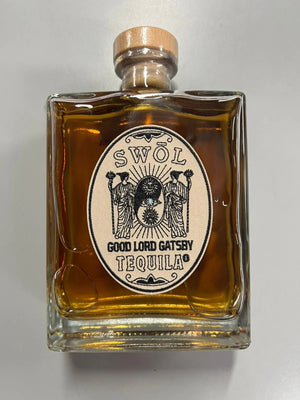
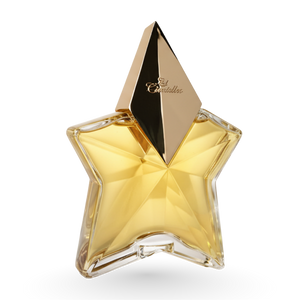
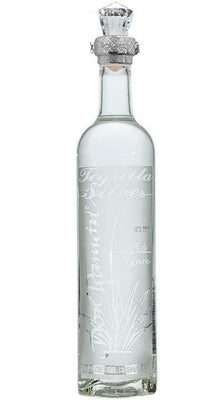
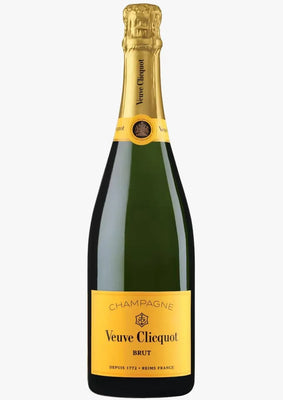
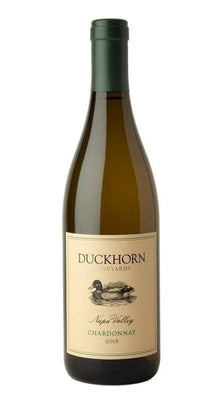
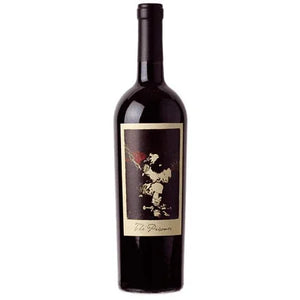
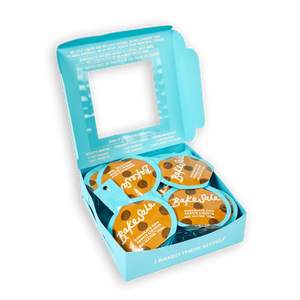
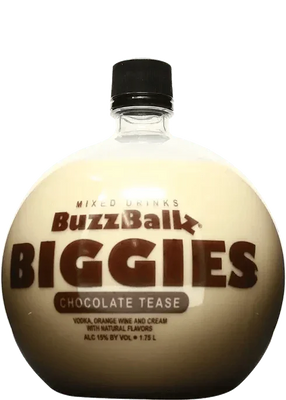
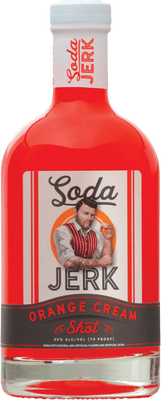
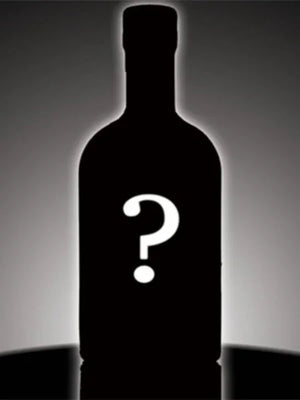
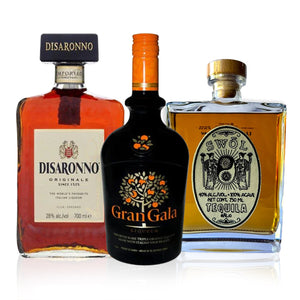

















 Get Vault Pricing
Get Vault Pricing




















